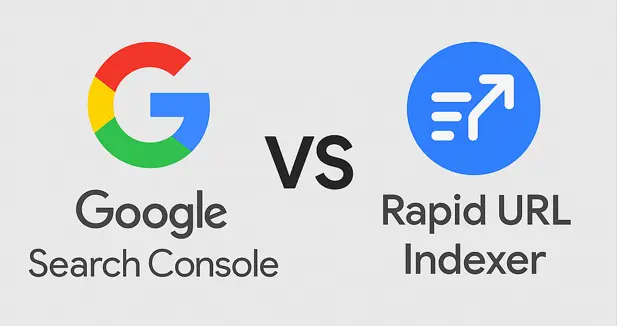Beyond 1.5 Pro: Peeking into the Future with Google’s Gemini 2.5 (Speculation) (Highlights progression & manages expectations)
Get Ready for Gemini 2.5? Exploring the Next Leap in Google AI (Action-oriented, builds anticipation)
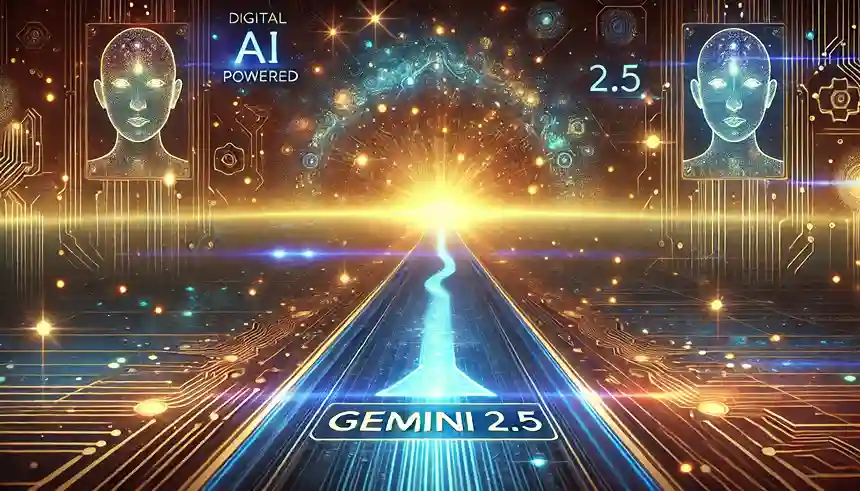
Gemini 2.5: What Could Google’s Next AI Superbrain Do?
The world of Artificial Intelligence (AI) moves incredibly fast. Just as we were getting acquainted with Google DeepMind’s impressive Gemini 1.0 and the powerful long-context capabilities of Gemini 1.5 Pro, whispers and educated guesses about the next big thing – Gemini 2.5 – are already starting.
Hold on, is Gemini 2.5 real?
Not yet! Let’s be clear: Google hasn’t officially announced Gemini 2.5. This post is a speculative dive based on current AI trends, the amazing skills of its predecessors, and where experts think Google might be heading next. Think of it as charting a course into the exciting unknown of AI’s future!
So, grab your virtual explorer hat – let’s explore what this potential powerhouse might look like and why it matters.
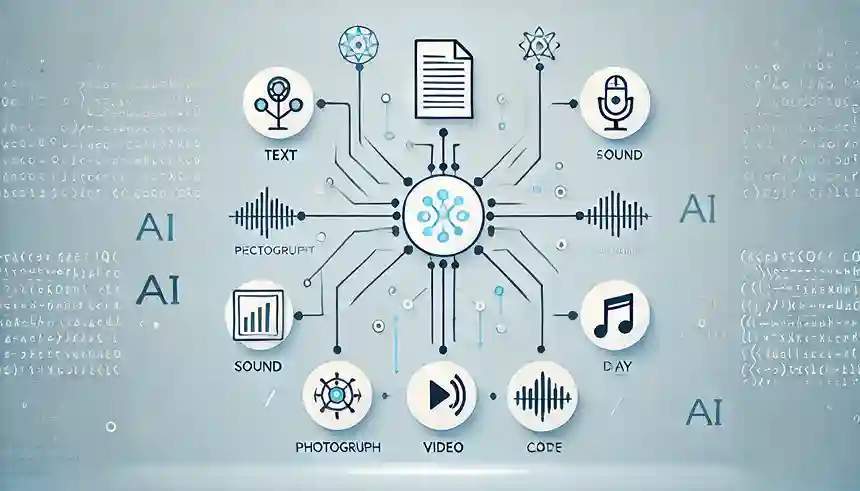
Building on Giants: A Quick Recap of Gemini So Far
To guess where Gemini 2.5 might go, we need to know where it’s coming from:
Gemini 1.0: Google’s first truly “multimodal” AI, built from the start to understand text, images, audio, video, and code. It came in different sizes (Ultra, Pro, Nano) for different needs.
Gemini 1.5 Pro: Made waves with its massive “context window” – the amount of information it can handle at once. It can process the equivalent of entire books or hours of video in a single go, thanks partly to its efficient “Mixture-of-Experts” (MoE) design.
What Mind-Blowing Features Could Gemini 2.5 Have? (Our Best Guesses!)
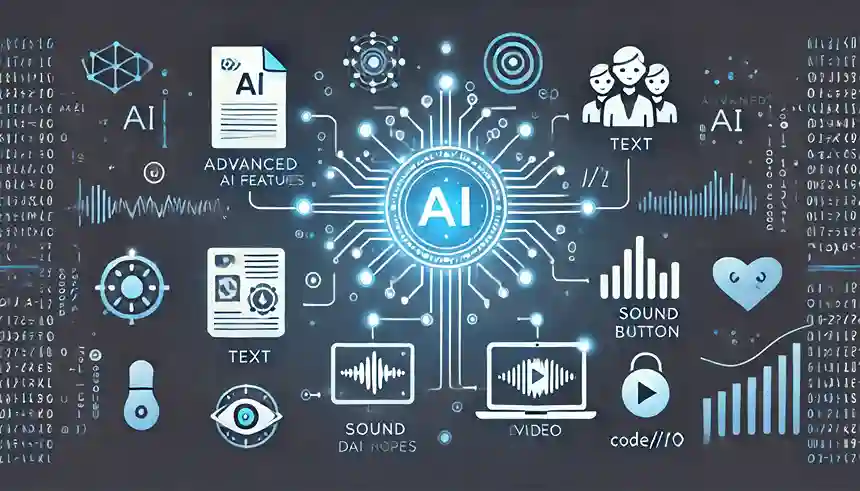
Based on the groundwork and industry direction, here’s where Gemini 2.5 could seriously impress:
Truly Seamless Multimodal Magic:
Go beyond just accepting different inputs (video, audio, text) to deeply understanding the connections between them.
Imagine: Watching a DIY video and getting instant, accurate text steps and the code needed, all generated by the AI.
Think: Analyzing a complex business chart with images and text, then answering detailed questions about the data’s meaning.
Even Bigger (and Smarter) Memory:
Potentially handling multi-million token context windows (even more info than 1.5 Pro!).
Crucially, getting better and faster at finding and using specific details from those huge amounts of data.
Imagine: Asking questions about massive codebases or entire research libraries and getting near-perfect answers instantly.
Supercharged Reasoning & Problem-Solving:
Tackling much harder logic puzzles, math problems, and scientific questions.
Think: Assisting scientists by analyzing complex data, suggesting new experiments, or even helping draft research papers.
Potentially helping businesses simulate scenarios and develop better strategies.
Faster, Cheaper, and Everywhere:
Leveraging next-gen Google hardware (TPUs) and smarter software tricks (like better MoE).
Result: Quicker answers, smoother real-time chats, and making powerful AI more affordable and accessible, maybe even on more powerful phones or devices eventually.
Next-Level Creativity & Generation:
Writing text that’s even more engaging, coherent, and stylistically flexible.
Generating higher-quality images, music, and maybe even short video clips from descriptions.
Writing complex, secure code and being a much better coding assistant and debugger.
More Trustworthy and Controllable AI:
Crucial Focus: Reducing “hallucinations” (making things up).
Getting better at citing sources and sticking to facts.
Continued improvements in fairness and reducing bias.
Giving users and developers better tools to guide the AI’s behaviour and ensure it acts safely and ethically.
(Consider an image here representing interconnected data or AI reasoning)
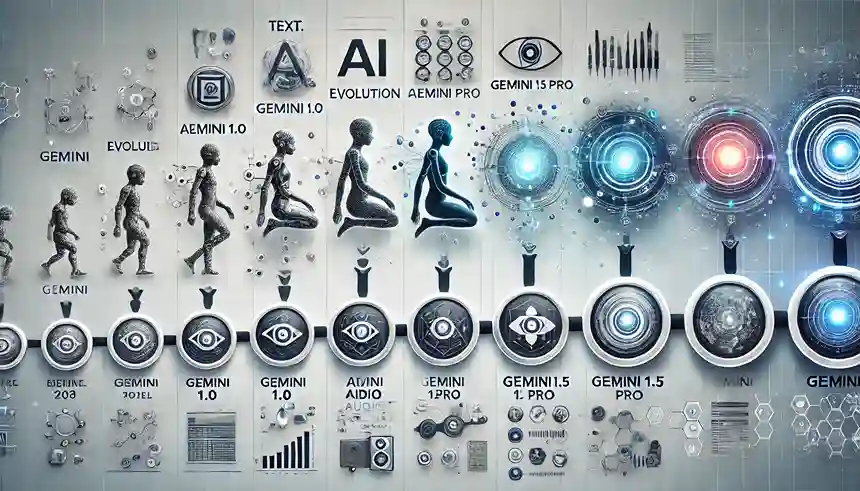
How Could Gemini 2.5 Change the Game? Potential Uses
If Gemini 2.5 delivers on even some of these possibilities, the impact could be huge:
Businesses: Super-smart chatbots, deeper data analysis for insights, automated report generation, faster software development.
Creatives: Powerful tools for writers, artists, and musicians; automated video editing help; dynamic soundtrack generation.
Science & Research: Speeding up discoveries by analyzing massive datasets; helping with hypothesis generation and literature reviews.
Education: Highly personalized AI tutors; better accessibility tools (like describing complex images for the visually impaired).
Your Daily Life: Smarter virtual assistants managing complex tasks; seamless AI help built right into your phone or apps (think Google Workspace / Android).
The AI Race: Where Does Gemini 2.5 Fit In?
Gemini 2.5 won’t be alone. It’ll face fierce competition from OpenAI (makers of ChatGPT/GPT-4/5), Anthropic (Claude), Meta (Llama), and others. Google’s potential advantages?
Massive Data: Access to Google Search, YouTube, Books data (used responsibly).
Powerful Hardware: Custom-built TPUs.
Built-in Multimodality: Designed this way from the start.
Research Power: Google AI + DeepMind = Brainiac Central.
Ecosystem: Potential for deep integration into Android, Search, Workspace, etc.
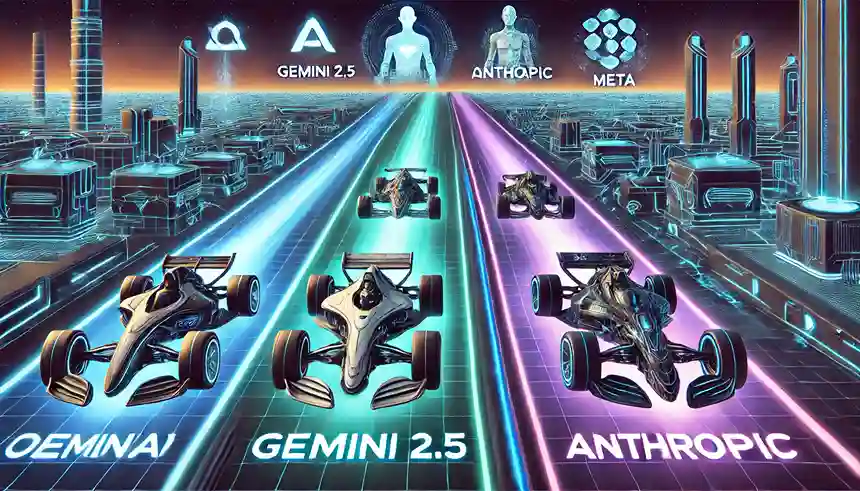
The Hurdles and Responsibilities: Challenges Ahead
Developing such powerful AI isn’t just about cool features. Google (and the entire industry) faces big challenges:
Preventing Misuse: Stopping the spread of misinformation or harmful content.
Data Privacy: Handling user data ethically and transparently.
Environmental Cost: Making AI training and use more energy-efficient.
Societal Impact: Addressing concerns about job automation.
Safety & Control: Building reliable guardrails to prevent unintended consequences.
Looking Ahead: The Excitement is Real (Even if Gemini 2.5 Isn’t… Yet!)
Gemini 2.5 is currently just a tantalizing possibility on the horizon. But exploring what it could be helps us understand where AI is likely heading: towards models that are more integrated, understand our world more deeply, reason more effectively, and hopefully, act as powerful, responsible collaborators.
The journey to Gemini 2.5 and beyond is one of the most exciting stories unfolding in technology today. We’ll be watching closely!
Frequently Asked Questions (FAQs) about Gemini 2.5
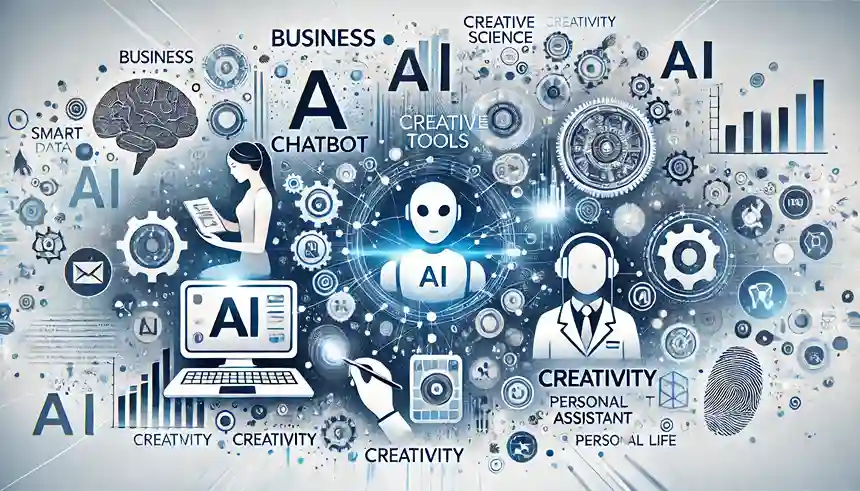
Q1: Is Google Gemini 2.5 officially released or announced?
A: No. As of now (check current date for latest info!), Gemini 2.5 is purely speculative. Google has released Gemini 1.0 and announced Gemini 1.5 Pro, but 2.5 has not been officially confirmed.
Q2: What would be the main difference between Gemini 1.5 Pro and Gemini 2.5?
A: Based on speculation, Gemini 2.5 would likely build upon 1.5 Pro by offering deeper and more seamless understanding across different data types (video, audio, text), potentially even larger and more efficient context windows, significantly improved reasoning and problem-solving skills, and enhanced generative capabilities, all while focusing on speed, efficiency, and safety.
Q3: Why speculate about an AI model that doesn’t exist yet?
A: Discussing potential future models like Gemini 2.5 helps us understand the trajectory of AI development, anticipate future technological shifts, and consider the potential impacts and ethical considerations early on. It’s about exploring the possibilities based on current progress.
Q4: What are the key potential improvements expected in Gemini 2.5?
A: The main areas of anticipated improvement include:
Deeper Multimodality (understanding connections between data types)
Expanded & Efficient Long-Context (handling more info)
Sophisticated Reasoning & Problem-Solving
Better Performance & Efficiency
Superior Creative Generation (text, code, potentially media)
Increased Reliability & Safety
Q5: When might Gemini 2.5 actually be released?
A: This is completely unknown and depends entirely on Google DeepMind’s internal development timelines, research breakthroughs, and strategic decisions. Any date would be pure guesswork.
Q6: What are the biggest risks associated with models like Gemini 2.5?
A: Key risks include the potential for generating misinformation or harmful content, perpetuating biases, data privacy concerns, the environmental impact of training/running large models, societal disruption like job automation, and ensuring the AI remains controllable and aligned with human values. Responsible development is crucial.
Explore more on SociaGain



